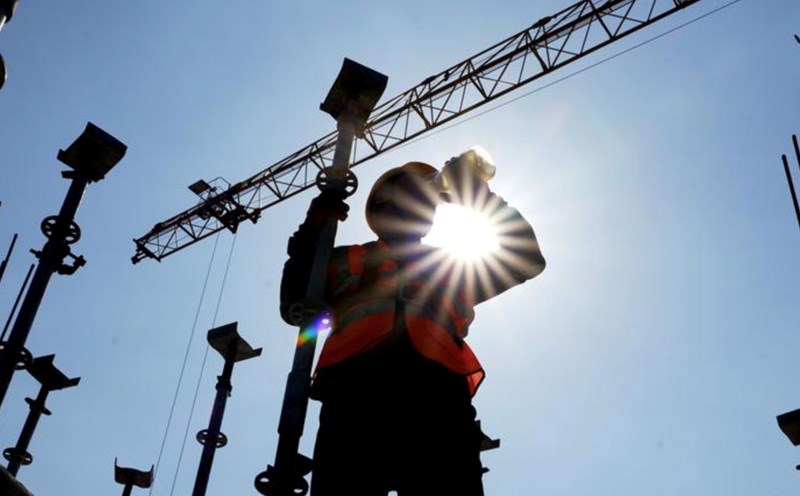Mr. Pham Van Khoa - a fabric business owner near Tan Binh market shared: "Customers take 50-70 rolls of fabric at once, but when they do not like the sample, they return them and exchange them for another one. Sometimes the order will only be completed three days later. In these cases, I don't know how to make the invoices correctly".
In fact, at many traditional markets in Ho Chi Minh City, the situation of selling "knee debt" is very common. Transactions are based on reputation, customers get the goods in advance, and pay after one or a few days. The fact that goods are returned or samples are changed frequently makes traders still hesitant about making electronic invoices.
Ms. Thanh Lan (character's name has been changed) - a food seller at Binh Tay market shared: "I have learned how to make invoices, but when it comes to the section of canceling or adjusting invoices due to returning goods, I accept it. I am a trader, not an accountant like the company. If I do wrong and get fined, where will I get the payment money?".
In addition, many traders are still cautious because they do not know how their old inventory will be collected if they are declared, or whether they will be supported to change the form of tax payment. Some people are hesitant because the goods were imported many years ago and have no original documents.
According to Mr. Nguyen Tien Dung - Deputy Head of the Tax Department of Region II, Ho Chi Minh City currently has more than 46,000 taxpayers deploying electronic invoices from cash registers, of which nearly 15,000 business households have successfully registered.
To support business people, the unit also established a mobile consulting team and a hotline operating 24/7, sending tax officers to the location - from the market, store to the ward - to provide step-by-step instructions, from software installation to invoice issuance operations.
When selling goods and providing services to customers, sellers and service providers must make invoices according to regulations, even if customers still owe money.
In case after selling the goods, the seller has issued an invoice to the buyer, but the buyer returns the goods, or exchanges the goods. The seller and the buyer must make a record confirming the return and exchange of goods, and at the same time, the seller must prepare an adjustment invoice according to the provisions of Clause 13, Article 1 of Decree No. 70, on the newly issued invoice, the line of invoices adjusting the incorrectly prepared invoices is clearly stated (Form No...., symbol, number... date... month... year). At the same time, maintain complete records according to regulations.











